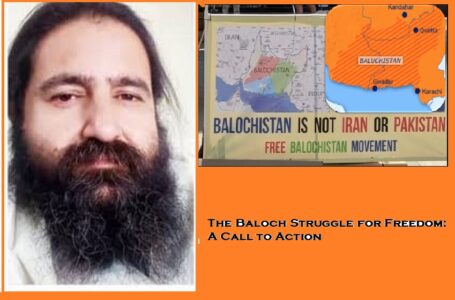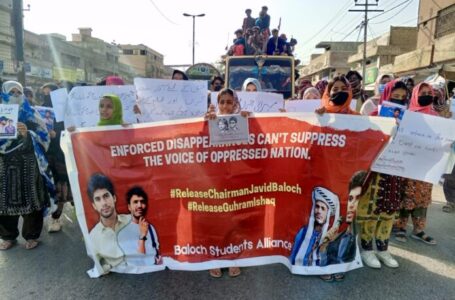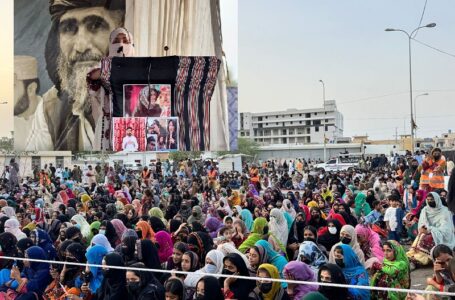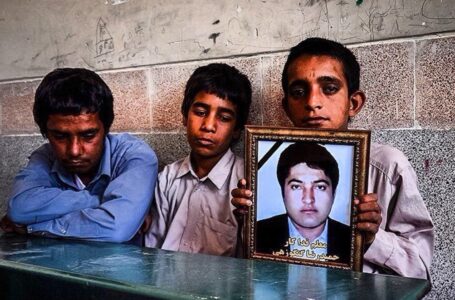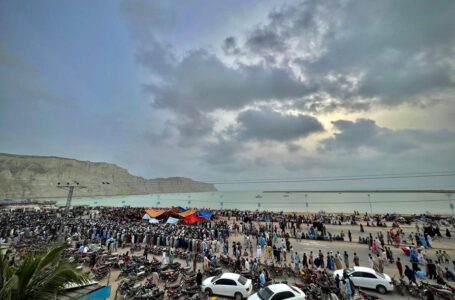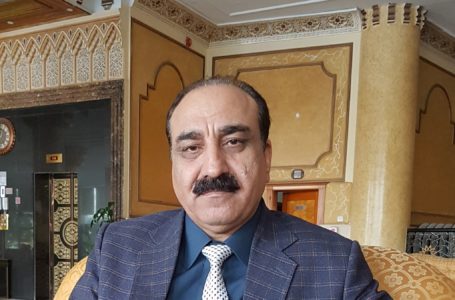Balochistan Bloody Friday: Families of Exiled Baloch Activists Threaten by Pro-Iran Elders and Clerics
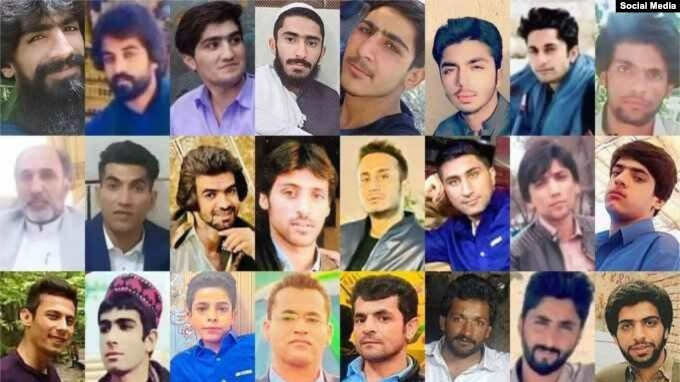
DOZZAAP (ZAHEDAN): Some tribal leaders and clergymen affiliated with the Islamic Republic of Iran have threatened the families and relatives of Baloch activists abroad in response to recent verdicts related to the Bloody Friday of Zahedan, which took place in September 2022. The activists have been warned that if they speak out or react to these legal decisions, their families in Iran will face targeted violence.
According to a report from the Baloch Activists Campaign, a group of Baloch civil and media activists living outside of Iran have received threatening phone calls from individuals closely tied to government officials. These threats specifically concern the verdicts issued by Iran’s judiciary in connection with the violence during the Bloody Friday of Zahedan and Khash, in which hundreds of protesters were killed by Iranian security forces.
The threats have included promises of assassination against the families and loved ones of these activists, should they challenge or publicly react to the government’s ruling. Previously, such intimidation tactics were largely carried out by Iran’s Revolutionary Guards and their assassination squads, but this time, Baloch tribal leaders and government-affiliated scholars appear to be playing a prominent role in these coercive measures.
The threats follow a recent meeting between Ali Movahedi Rad, the head of the judiciary in Iranian Occupied Balochistan, and local Baloch tribal leaders. During the meeting, Rad announced that blood money (diya) would be paid to the families of the victims of Bloody Friday and that those responsible for shooting civilians would be sentenced to 10 years in prison. However, these rulings have sparked a backlash from the families of the martyrs and the wounded, as well as from Baloch activists and human rights organisations abroad.
In the face of mounting international pressure, particularly from the United Nations fact-finding committee regarding crimes against humanity in Balochistan, the Iranian government is reportedly seeking to suppress dissent by using domestic allies, including tribal leaders and government scholars. These allies are allegedly being used to manipulate public perception, coerce families, and frame the narrative around the Bloody Friday tragedy in the regime’s favour.
The international community, especially human rights groups and political observers, continues to express concern about the ongoing crackdown on Baloch activists and the widespread impunity for the government’s actions in the region. The families of the victims and the Baloch diaspora remain determined to hold the Iranian authorities accountable for their role in the violence and to seek justice for the lives lost during the Bloody Friday massacre.

